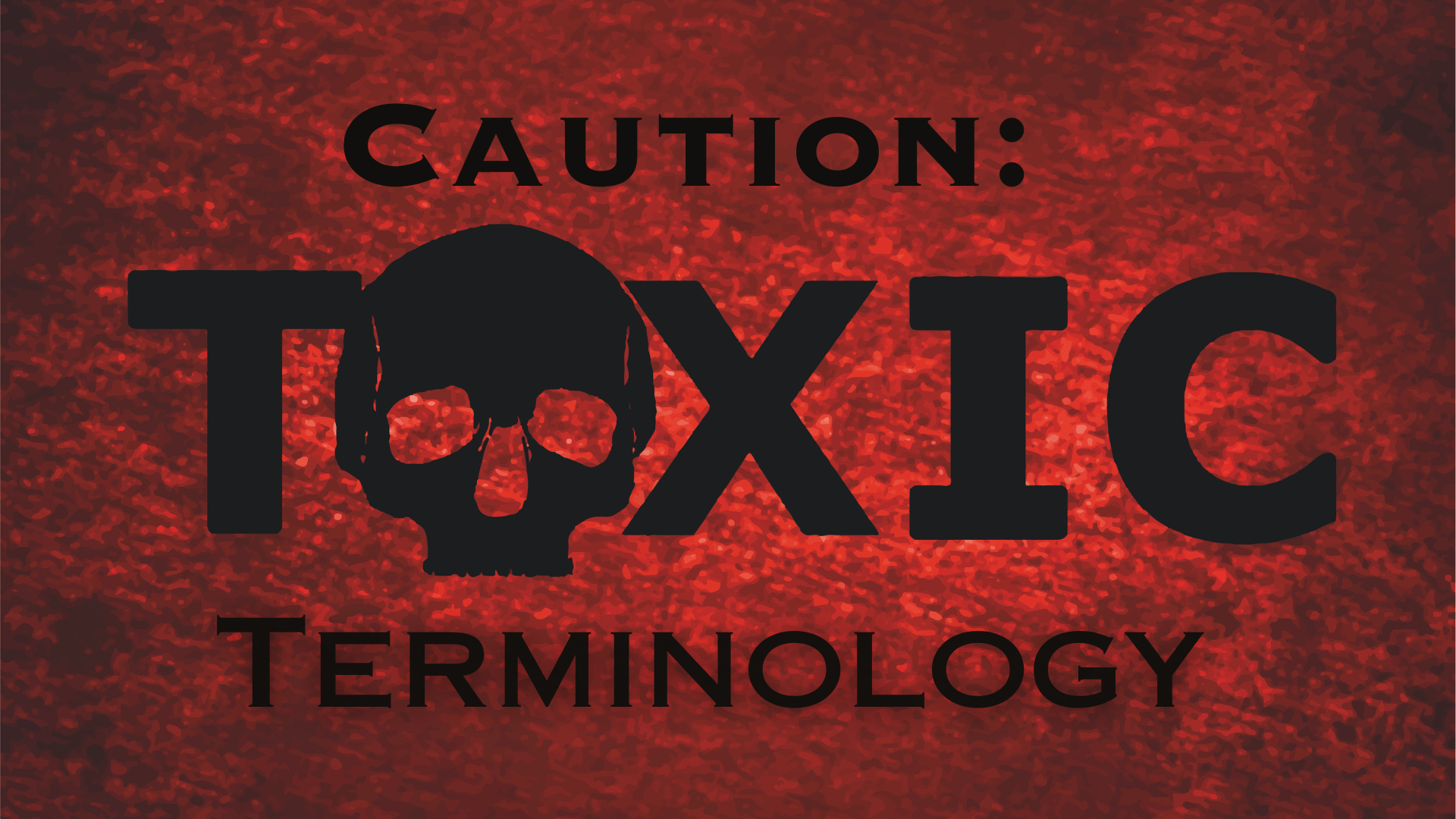Equality law can make things better for everyone, especially when people use it to protect everyone’s equal rights
As my contribution to this year’s International Men’s Day 2023, I thought I would share a simple but hopefully inspiring story to show how asserting a man’s statutory right to equality of opportunity can help to make a positive contribution to everyone’s well being.
My tale begins in June 2022. I was returning from a patient visit in the Ulster Hospital in Northern Ireland when I chanced upon an ‘infopoint' strategically placed beside the ticket machine in their multi storey car park.
For the uninitiated, ‘infopoints’ are a UK wide initiative designed to provide people with free access to 24/7 crisis support in public spaces, such as hospitals, university campuses, shopping centres, bingo clubs and transport hubs.
The Health Trust responsible for installing the service is to be commended for their initiative and, as I later discovered, their particular efforts are even featured as an example of best practice.
As the case study explains, the infopoint unit: “provides free calls to Lifeline, Women’s Aid, Alcoholics Anonymous and 999 emergency services, as well as the hospital’s own Security Centre and Shopmobility scheme. In addition, at the Trust’s request, all signage also carried the five languages most spoken in the surrounding area ensuring wide accessibility and maintaining the Trust’s commitment to equality and diversity.”
So far, so commendable, I’m sure you will agree.
To the untrained eye, such a service may appear beyond criticism and yet, regrettably, my eyes were instantly drawn to a potentially fatal flaw.
If you haven't already spotted it yourself then let me give you a hint by saying that it relates to the same potentially fatal problem that first led me to recognise the need for people like me to more proactively advocate for the human rights of boys and men.
“healthcare professionals for this health trust had recommended that a 24/7 crisis info point […] should promote an office hours only service available exclusively for women, instead of a 24/7 crisis contact service open to all”
It is the same potentially fatal problem that led me to seek answers to the seemingly simple question: What happens when someone calls the national domestic and sexual abuse helpline?
Because in the UK, the answer to that question depends on your postcode and I am immensely proud to say that, in this regard, Northern Ireland’s helpline service provider Nexus offers a gold standard answer to what can be a deceptively nuanced question.
Unlike in some other regions, when someone in Northern Ireland calls our national domestic and sexual abuse helpline, they are listened to, believed, and provided the same standard of professional signposting service regardless of what time, or day of the year, they make that (often first) important call; and, crucially, regardless of any protected personal characteristic they may happen to have, such as age, sexual orientation, disability, belief, race or sex.
And given that the Department for Health in Northern Ireland co-funds this crucial first point of contact crisis frontline service, I became curious to know why one of their five regional health trusts had opted not to promote this service via one of their own public info points.
Troublingly, when I initially raised the matter, I received a less than gold standard response….
The Trust replied advising that The Ulster Hospital Info Point only had a finite number of buttons and that the relevant healthcare professionals had advised that Belfast and Lisburn Women’s Aid were the most appropriate service to signpost members of the public to. Unconvincingly, they also indicated that they ‘may’ review this ‘at some point in the future’.
Not quite as commendable, I am sure you will agree.
At this point, I should clarify that I had taken the time to provide the Trust with three crucial info points of my own.
I had pointed out that, unlike all the other services promoted by their infopoint, the domestic violence service they were signposting to was only available to women. Consequently, I suggested that, as the Department of Health’s own 24/7 helpline service is open to everyone, the promotion of this service would address a clear and obvious detriment to men in need of such a service.
Finally, and significantly, I pointed out that this action would also improve options for women and girls seeking such a service because the Women’s Aid number advertised did not provide a 24/7 crisis support service and only facilitated calls during weekday office hours.
On this basis I found the Trust’s lackluster response to be less than satisfactory and, to this day, I still don’t understand why common sense and human decency didn’t immediately prevail.
To be honest, the only rational explanation I can think of is that whoever dealt with my correspondence may have simply dismissed me as one of those furious gammon complexion man babies that you keep hearing about.
Happily on this occasion, a mechanism was available to me that allowed me to effectively bypass any potential cynical or ill-informed perspectives about me or my motives. And this is the significant point of information I seek to bring to your attention.
To recap, relevant healthcare professionals for this health trust had recommended that a 24/7 crisis info point, paid for by the public purse, should promote an office hours only service available exclusively for women, instead of a 24/7 crisis contact service open to all, and also paid for by the Department of Health courtesy of said same public purse.
So I simply progressed the matter as a written complaint, proposing that the Trust’s actions amounted to a failure to comply with their approved Equality Scheme, their public sector equality duties and sections four and thirty of the Sex Discrimination Order (Northern Ireland) Order 1976.
Subsequently, six months after having first raised the matter with their (female) Equality Manager, I received correspondence from their (female) Director of Corporate Affairs, who in turn was writing on behalf of the Trust’s (female) Chief Executive, (whose workforce, incidentally, is roughly 80% female).
And as happy happenstance would have it, the aforementioned possible review ‘at some point in the future’ had occurred sometime sooner than later, and a decision was taken to signpost service users to the domestic and sexual abuse helpline.
A helpline I again emphasise is available 24/7 and open to all regardless of who they are or what others might perceive them to be.
So in conclusion then, equality of opportunity really is better for everyone, and equality of opportunity law might just help to save somebody’s life.
Scroll down to join the discussion
Disclaimer: This article is for information purposes only and is not a substitute for therapy, legal advice, or other professional opinion. Never disregard such advice because of this article or anything else you have read from the Centre for Male Psychology. The views expressed here do not necessarily reflect those of, or are endorsed by, The Centre for Male Psychology, and we cannot be held responsible for these views. Read our full disclaimer here.
Like our articles?
Click here to subscribe to our FREE newsletter and be first
to hear about news, events, and publications.
Have you got something to say?
Check out our submissions page to find out how to write for us.
.
















































